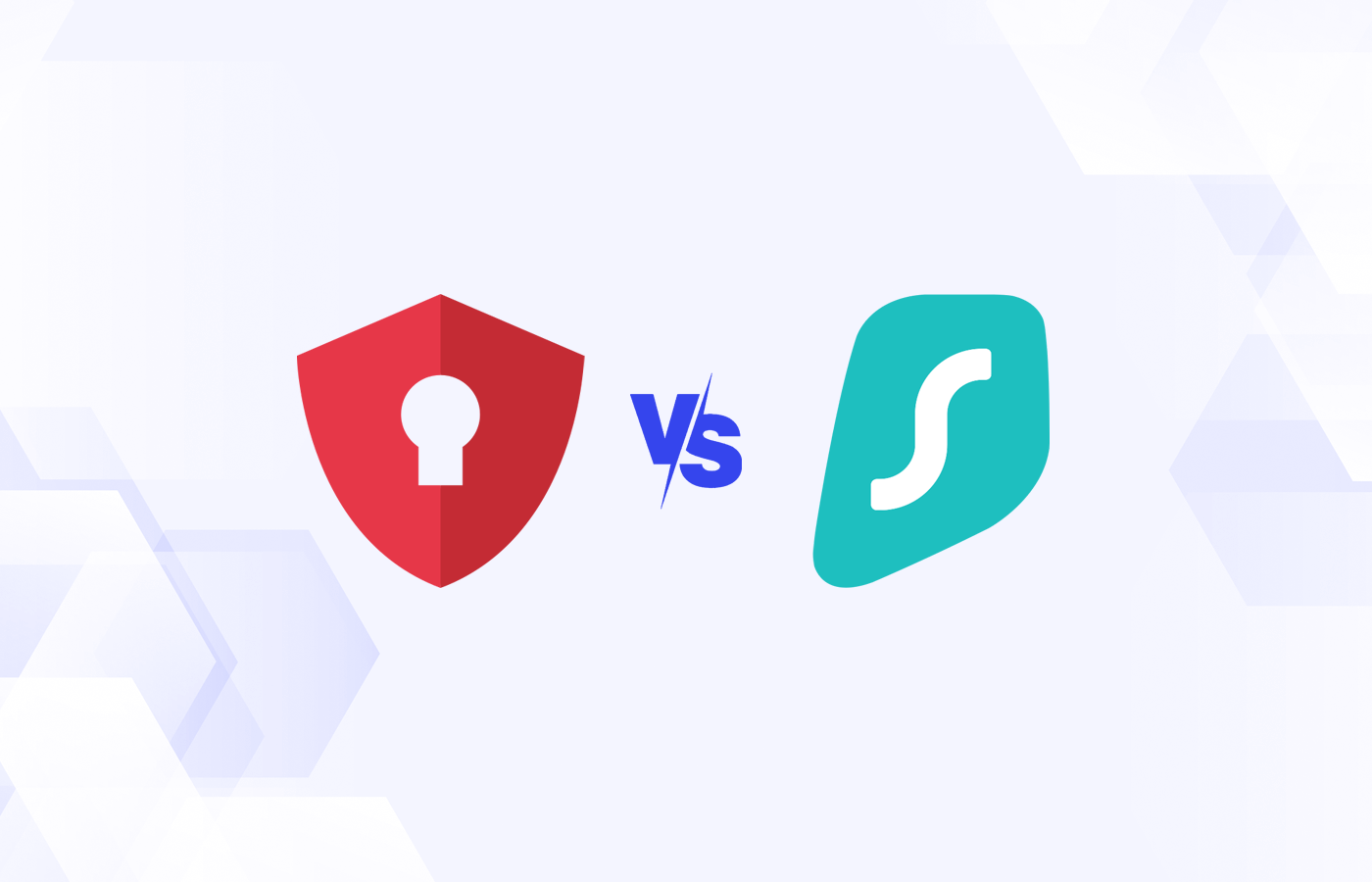Cookies play a crucial role in enhancing your online experience, but they can also be exploited by cybercriminals to access sensitive information. In this video, our expert delves into what cookies are and their function in web browsing, explores the techniques hackers use to steal them — such as session hijacking and cross-site scripting (XSS) — and shares effective strategies and tools to protect your cookies and personal data in 2024. Join us to learn how hackers steal your cookies and how you can stay safe online!
Transcript
Cookie theft is a cyberattack where hackers exploit session data stored in cookies, like login credentials, to gain unauthorized access to your accounts.
While cookies are designed for secure session management, they need protection to prevent misuse. In this video, we’ll show you how to stay safe.
I’m Justin Fraction for eSecurity Planet, and today we’ll break down what’s happening and how to protect yourself.
Don’t forget: You can read the full article on eSecurity Planet.
What Are Cookies?
There are two types:
- Session cookies: These disappear when you close your browser.
- Persistent cookies: These stay on your device, saving data like login credentials and preferences.
Cookies track users with unique IDs. First-party cookies store info for one site, while third-party cookies track across sites.
Though cookies themselves don’t steal passwords, they can be hijacked to access sensitive data.
How Does Cookie Stealing Work?
Attackers can steal your cookies through phishing, malware, and MITM attacks, leading to data theft, financial loss, and identity theft.
Let’s take a closer look at the process.
1. Initial Attack Vector
Attackers might send phishing emails or create fake websites. They can also exploit vulnerabilities in websites you visit to install malware that extracts cookies from your browser.
2. Deploy Malware
Once malware is on your device, it can extract sensitive data, including personal information.
3. Man-in-the-Middle (MITM) Attack
On unprotected public Wi-Fi, attackers can intercept communication between your browser and a website, stealing session cookies.
4. Session Hijacking
Attackers can take over your session by collecting cookies. They could even conceal dangerous malware in photos or links on secure websites you visit, and a single click can activate the code, even overcoming multifactor authentication.
5. Exploit Stolen Cookies
Stolen cookies can be sold on the dark web or used for illegal activities like unauthorized transactions or installing additional malware. With stolen cookies, bad actors can commit identity theft, cause financial loss, and access your accounts. They may perform illegal transactions and expose your personal information, such as browsing history, messages, and login details. This can damage your reputation and lead to legal consequences, especially for businesses, who may face fines, lawsuits, and compliance issues.
How Do You Know If You’re Being Targeted?
Detecting cookie theft early is crucial for protecting your accounts and data. Watch for these signs:
- Suspicious account activity, such as unauthorized logins or transactions
- Unexpected password reset notifications
- Unforeseen changes to account settings like email, phone numbers, or credentials
- Repeated logouts, which could indicate session hijacking
- Unusual login notifications or strange network traffic
- Random browser behavior or security software alerts
- Increased spam or phishing messages
- Unidentified devices in your security logs
If you notice any of these, you may be a victim of cookie theft.
How Do You Prevent It?
Use Secure Cookie Flags
Configure cookies with Secure and HttpOnly flags to ensure they’re transferred via HTTPS and inaccessible to client-side scripts, reducing the risk of theft via unencrypted connections or XSS attacks.
Deploy a Firewall
Install a reliable firewall to monitor incoming traffic, flag suspicious requests, and prevent session hijacking attempts.
Utilize SSL/TLS
Secure your website with SSL/TLS certificates to encrypt data between users and servers, making it difficult for attackers to intercept and steal session cookies.
Apply 2FA or MFA
Enhance account security with two-factor or multifactor authentication, making it harder for attackers to access accounts even if cookies are compromised.
Adopt Strong Password Policies
Promote the use of strong, unique passwords and enforce regular password updates.
Update Website Software Regularly
Keep WordPress themes and plugins up to date to fix security flaws that could be exploited to steal cookies.
Train Your Admin & Staff
Educate personnel on the risks of session hijacking and best practices for prevention to foster a security-conscious culture.
Beware of Phishing & Risky Websites
Stay vigilant against phishing attempts and avoid dangerous websites to prevent exposure to cookie-stealing malware.
Clear Your Cache Regularly
Regularly clear your browser’s cache and cookies to remove potentially compromised cookies and minimize the impact of cookie theft.
To recover from cookie theft, website administrators should do a security scan with a program to delete any detected risks.
Then, invalidate active sessions, update passwords and security keys, and then refresh the website software.
End users should change their passwords, clean their browser cache, enable two-factor authentication, monitor their accounts, and update their security settings.
Cookie theft is a serious threat, but with the right knowledge and precautions, you can protect yourself and your data.
We recommend Astra Security, Cynet Security, or ESET as software that can help you stay safe. Check out our links below for more info.
Remember, keeping your software up to date, using strong passwords, enabling two-factor authentication, and staying vigilant against phishing attempts are key steps to safeguarding your online security.
By taking these proactive measures, you can significantly reduce the risk of cookie theft and keep your personal information safe.
Thanks for watching! If you found this video helpful, be sure to give it a thumbs up and subscribe to eSecurity Planet for more tips and updates on staying secure in the digital world. Stay safe out there, and we’ll see you next time.




